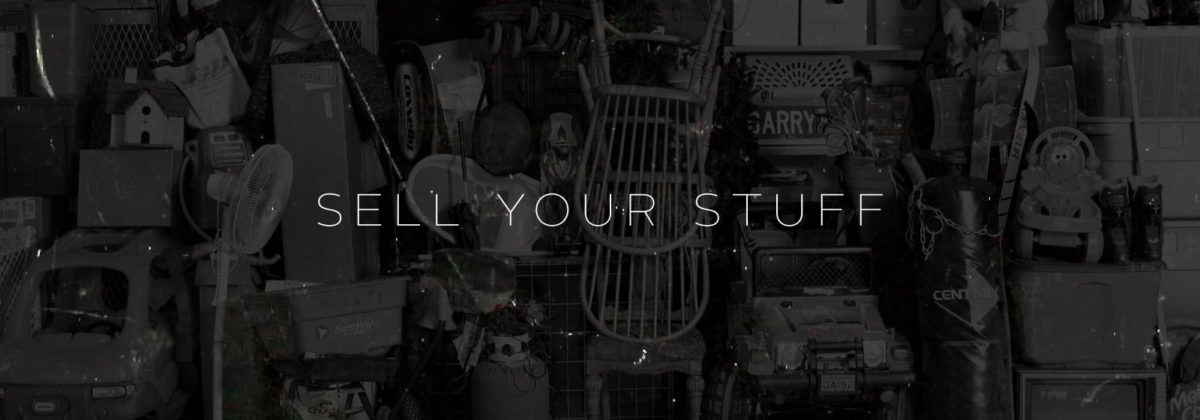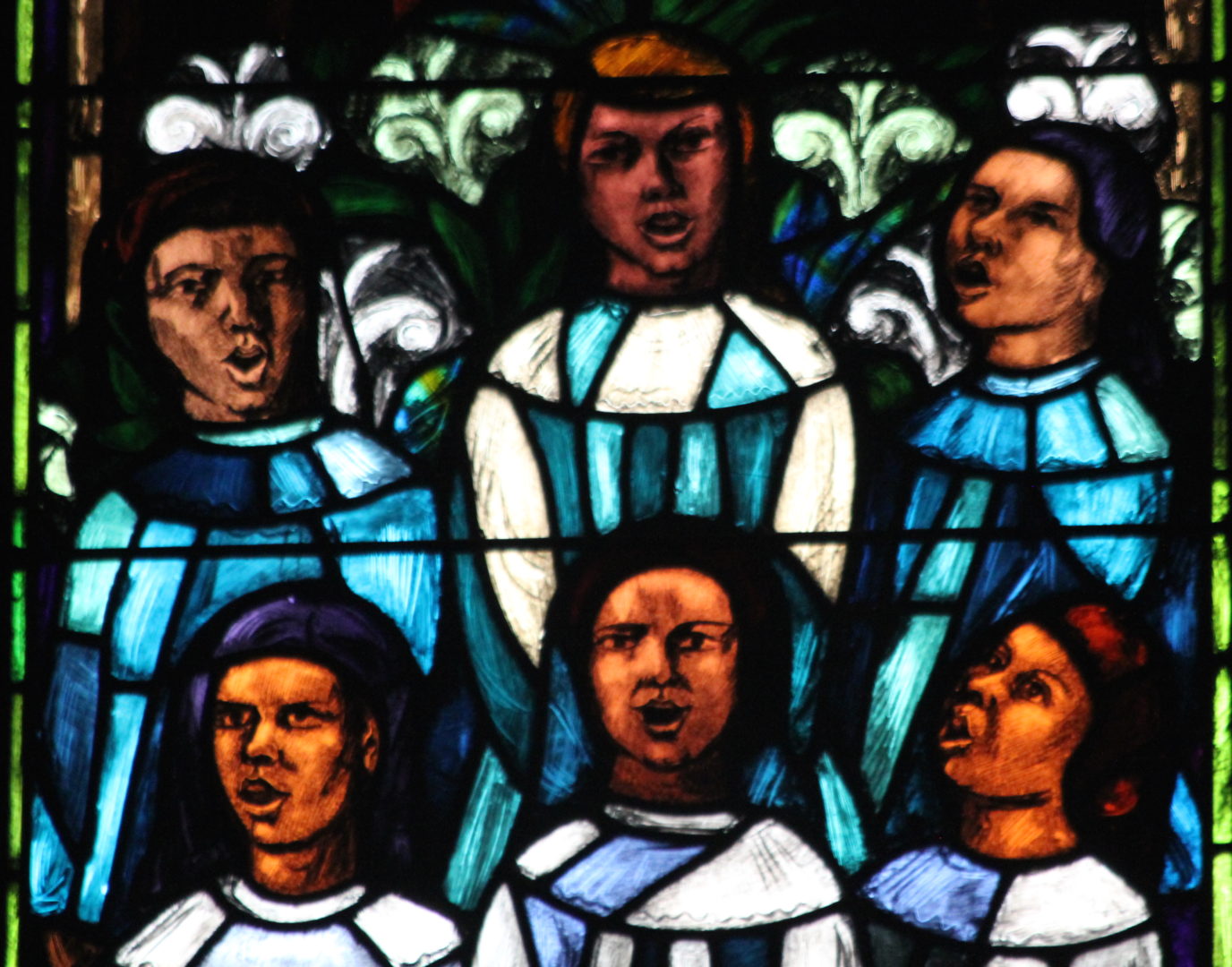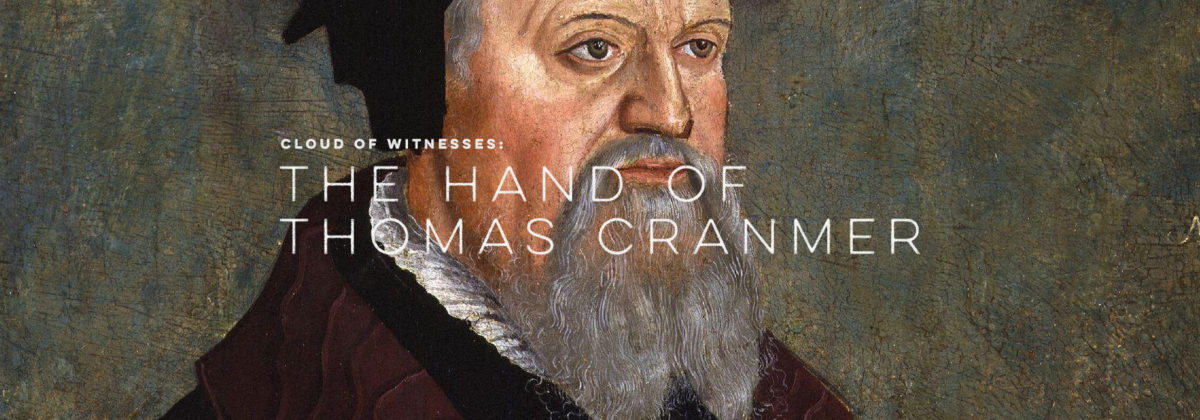I recently came across an online article hyperbolically entitled “Is 2016 the Worst Year in History?” After scrolling down the list other possible contenders, I was forced to conclude that no, it was not even close. 1348 has my vote, but I’ve always been full on obsessed by the Black Death. Social media sites and twitter feeds are full of both dramatic hand-wringing and near despair, due in large part to our vast information overload and constant connectivity. It cannot be denied, that for many of us, it has been a difficult year. For some, it has been an unbearable affront to our shared humanity. Torrents of refugees. War in which every side is tarnished. Communities devastated by drug overdoses. Political shifts and alliances that leave us fearful.
For all of us, these events, though not new or even historically rare, have brought a palpable sense of helplessness, doubt, and fear. In the face of sweeping injustice, coloured lights and feasts and brightly wrapped gifts seem entirely inadequate. Even the creches that decorate mantle pieces and lawns seem insufficient; what can a baby in a manger do? We give and we get Christmas cards wishing us the peace and joy of the season; but where do these things come from? If we are meant to dredge it up from the wells of our own souls, the bucket seems increasing empty.
For me, this means I resonate more and more with those carols that are full of longing. As I have listened over and over to the many different versions of O Come, O Come, Emmanuel that I seem to have accumulated, I have been moved anew by the yearning present in the words. As we have moved through the darkness of December and the darkness of the news broadcasts, I have found myself praying:
O come, Thou Day-Spring, come and cheer
Our spirits by Thine advent here
Disperse the gloomy clouds of night
And death’s dark shadows put to flight
Rejoice! Rejoice! Emmanuel
Shall come to thee, O Israel.
The somber tone of the music catches our desperate longing for all that is wrong to be made right, our longing to be able to sing the refrain and mean it. It is here we live, waiting, as Libby Hill puts it, “in the everlasting space between the minor key and the word ‘Rejoice!'”
The vital question, as we anticipate Christmas, is what are we waiting for? Is our life in this in-between time only ever sounded in the minor key?
He came to uproot all the systems of sin and sorrow, within society and within our own hearts. He will make his blessing flow into every broken and cursed crack of this world.
By no means! We are no longer those who walked in the land of the shadow of death, waiting for the Messiah. The Key of David, the Rod of Jesse, the Lord of Might has already come! Christmas celebrates the unimaginable gift of God’s own self. But if we celebrate only Jesus the baby, it is no wonder that many of us long for more. It is his birth, his coming to live amongst us, his death and his resurrection that has truly altered the way in which we live in this world.
So while we can grieve for the brokenness around us, we are the redeemed and we do not sing only in the minor key. Paul proclaims that as we look forward to Jesus’ coming again, we are “children of light and children of the day. We do not belong to the night or to the darkness.”
As children of the light, how do we live between his birth as a baby and his coming in splendour? In 1855, another turbulent year, John Sullivan Dwight penned O Holy Night, summarising the redemptive work of Christ in this world like so:
Truly He taught us to love one another;
His law is love and His gospel is peace.
Chains shall He break for the slave is our brother;
And in His name all oppression shall cease.
Even reading these lines pierces my heart; I can never make it through singing them. How we long for the end of oppression, the end of exploitation and the coming of justice! How we long for the coming of God’s new creation, when every tear will be wiped away and there will be no more sorrow or death. In the meantime, we give ourselves to be the new creation. We are those who carry out God’s law of love and his gospel of peace. We are those who work for the end of oppression in the certain hope that Christ’s coming has already accomplished it. He came to uproot all the systems of sin and sorrow, within society and within our own hearts. He will make his blessing flow into every broken and cursed crack of this world.
The first coming of Christ, in his vulnerability and mortality, is not the end of the story. If it were, those Christmas card wishes for the peace and joy of the season would be mere wistful words, empty of the power needed to bring them into being. Instead, we have a baby who grows to be the resurrected saviour of the world, whose redemptive spirit is constantly at work and who will come again in splendour and triumph. The Second Coming! This is the event, this consummation, that should be the subject of our forward gaze. This Christmas, we celebrate the glorious truth that we live in between these two great advents and so we sing with my favourite hymn writer, Charles Wesley:
Hail the heav’n-born Prince of Peace!
Hail the Sun of righteousness!
Light and life to all He brings,
Ris’n with healing in His wings:
Mild He lays His glory by,
Born that man no more may die;
Born to raise the sons of earth;
Born to give them second birth.
Hark! the herald angels sing,
“Glory to the new-born King!”




